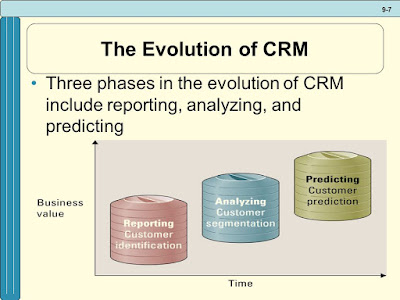CHAPTER 1 ( MGT300)
BUSINESS DRIVEN TECHNOLOGY
- Information technology is everwhere in business
Information Technology's Impact on Business Operations
- Operations typically operate by functional areas or functional silos ( it is an individual business function which is divided into sub groups and has its own strategies and works parallel with other organizations)
- Functional areas are interdependent ( two or more people; dependent on each other)
Information Technology Basics
- Information Technology (IT) - a field concerned with the use of technology in managing and processing information .
- Management information systems (MIS) - a general name for the business function and academic discipline covering the application of people, technologies, and procedures to solve business problems.
- It is important to understand: - Data, information, business intelligence, knowledge and IT cultures.
Information
- Data - raw facts that describe the characteristics of an event ( eg: order date, amount sold, customer number and quantity ordered)
- Information - data convereted into a meaningful and useful context (eg: best-selling product, best customer, worst-selling product and worst customer)
- Business intelligence - Information collected from multiple sources (suppliers, customers, competitors)
- Knowledge - Includes the skills, experience and expertise, coupled with information and intelligence that creates a person's intellectual resources.
IT Resources
IT Cultures
- Information-Functional Culture - Employees use information as a means of exercising influnce or power over others.
- Information-Sharing Culture - Employees across departments trust each other to use information to improve performance.
- Information-Inquiring Culture - Employees across departments search for information to better understand the future and align themselves with current trends and new directions.
- Information-Discovery Culture - Employees across departments are open to new insights about crisis and radical changes and seek ways to create competitive advantages.






Comments
Post a Comment